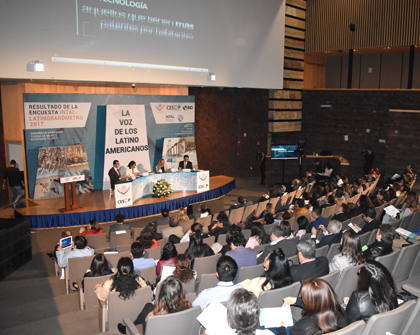Descargue la publicación completa haciendo clic aquí.
Climate change and environmental sustainability have been arousing ever more interest in recent decades. The governments of a growing number of countries and social organizations that are actively campaigning to preserve natural resources recognize and stress how important these issues are for today’s societies. The institutional developments and policies applied by these governments have stressed the need to introduce new regulations to mitigate the effects of climate change by seeking a reduction in greenhouse gas emissions.
The article by Fernando Lorenzo, director of Uruguay’s Center for Economic Research (CINVE), published in MERCOSUR Futures: New Directions for Regional Integration (publication in Spanish), argues that the challenges of climate change need to be integrated into the design of development strategies that open up spaces where MERCOSUR member countries can work together on shared visions of the future.
Given how important natural resources are to the economic circumstances of the MERCOSUR countries, using these sustainably is a matter of strategic importance. Creating shared perspectives on environmental issues that encompass all member countries would contribute to achieving global targets for reducing vulnerability in the face of climate change. A forum for regional discussion would also allow the bloc to work toward the objective of achieving “environmental value added” and “green exports” which could form part of a strategy for competitiveness and the differentiation of products to be exported to the global market. Examining these issues from a broader perspective than that of national targets and initiatives would enrich initiatives such as an efficient environmental tax policy and the political economy–related issues that implementing a tax policy of this type would entail.
Download the complete article here: <a href=”https://publications.iadb.org/handle/11319/8172″>Los Futuros del MERCOSUR [MERCOSUR Futures] (link in Spanish)</a>




